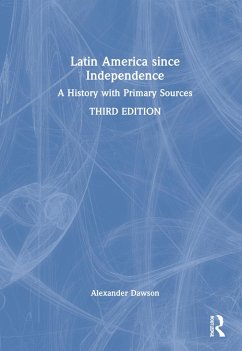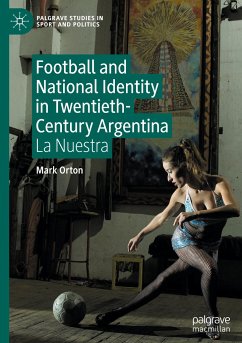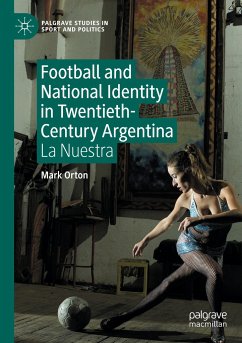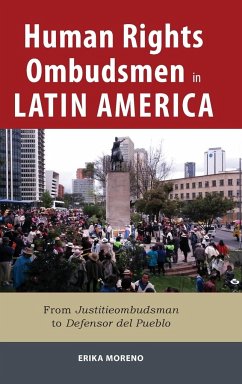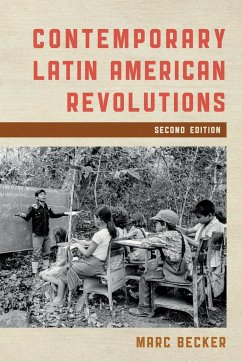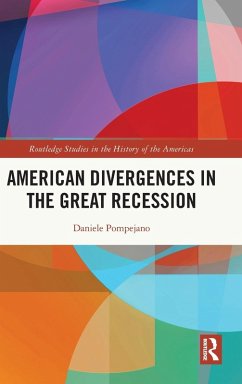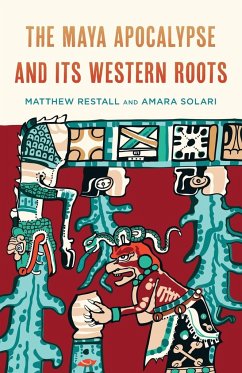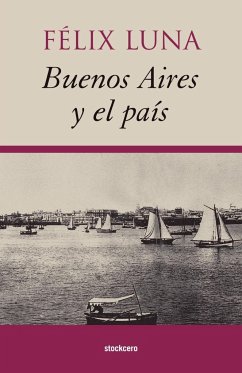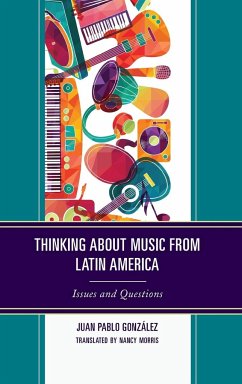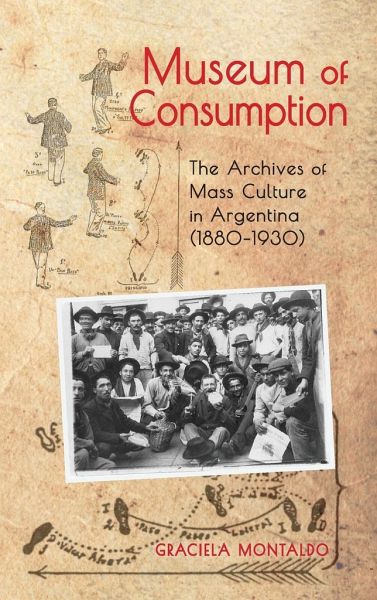
Museum of Consumption
The Archives of Mass Culture in Argentina (1880-1930)
Versandkostenfrei!
Versandfertig in 1-2 Wochen
93,99 €
inkl. MwSt.

PAYBACK Punkte
47 °P sammeln!
This book is in the Cambria Latin American Literatures and Cultures Series headed by Professor Román de la Campa, the Edwin B. and Lenore R. Williams Professor of Romance Languages at the University of Pennsylvania. *Includes images. At the turn of the nineteenth century, Argentina lived a process of accelerated modernization. To understand the beginnings of mass culture and mass cultural experiences (between 1880 and 1930), it becomes necessary to examine a variety of phenomena that combine modern forms of access to public space with the creation of new cultural contents. That was the period...
This book is in the Cambria Latin American Literatures and Cultures Series headed by Professor Román de la Campa, the Edwin B. and Lenore R. Williams Professor of Romance Languages at the University of Pennsylvania. *Includes images. At the turn of the nineteenth century, Argentina lived a process of accelerated modernization. To understand the beginnings of mass culture and mass cultural experiences (between 1880 and 1930), it becomes necessary to examine a variety of phenomena that combine modern forms of access to public space with the creation of new cultural contents. That was the period of the democratic political reforms, urban redesign, the rise of immigration rates, the economic growth, and the articulation of nationalist ideologies. Culture (elite, popular, and mass culture) played a major role in the context of deep social and political transformations. New phenomena profoundly affected the social life: popular spectacles, mass consumption, the variety shows, theatres, the circus, as well as the connections between these forms and the avant-garde of the 1920s. Coincidentally, the appearance and success of tango music and dancing, and the relationship between tango and masculine violence and the political violence of the early twentieth century are interconnected practices. Tango, a cultural export to Europe and the US, played a central function in redefining gender and class roles. Finally, the notions of good and poor taste as cultural and political experiences that define citizenship through fashion, the role of aesthetics in social life, and the dissemination of scientific and sociological knowledges introduce a complex scale of cultural practices Museum of Consumption: The Archives of Mass Culture in Argentina (1880-1930) is a study of the emergence of mass culture in modern Argentina. The book examines the tensions of this modern culture subject to the pressures of the market and politics. The book also traces the emergence of a cultural scene that constructed a frontier between elite and mass cultures during the modernization process. It was, however, a highly porous frontier: the reduced size of the cultural field meant that the same actors worked on both sides. If common sense would have it that the lower sectors imitate and copy elite culture, this book argues the opposite, demonstrating how plebeian productions impacted and radically transformed lettered culture. The book, therefore, takes a novel approach, viewing mass culture not as a series of case studies but rather as processes of cultural production and circulation. To this goal, the book focuses mainly on tango, circus, and fashion productions. This study belongs to the field of cultural studies. It lies at the intersection of numerous theoretical approaches like theory of the masses, studies of consumer culture, modernity and modernism, intellectual history, gender studies, and theories of spectacle. Its singular archive was constructed especially for this book and includes memoirs, chronicles, testimonies, essays, and fictions, all of which it places into dialog with canonical texts. Museum of Consumption: The Archives of Mass Culture in Argentina (1880-1930) is an important transdisciplinary book for Latin American cultural studies and history collections.



